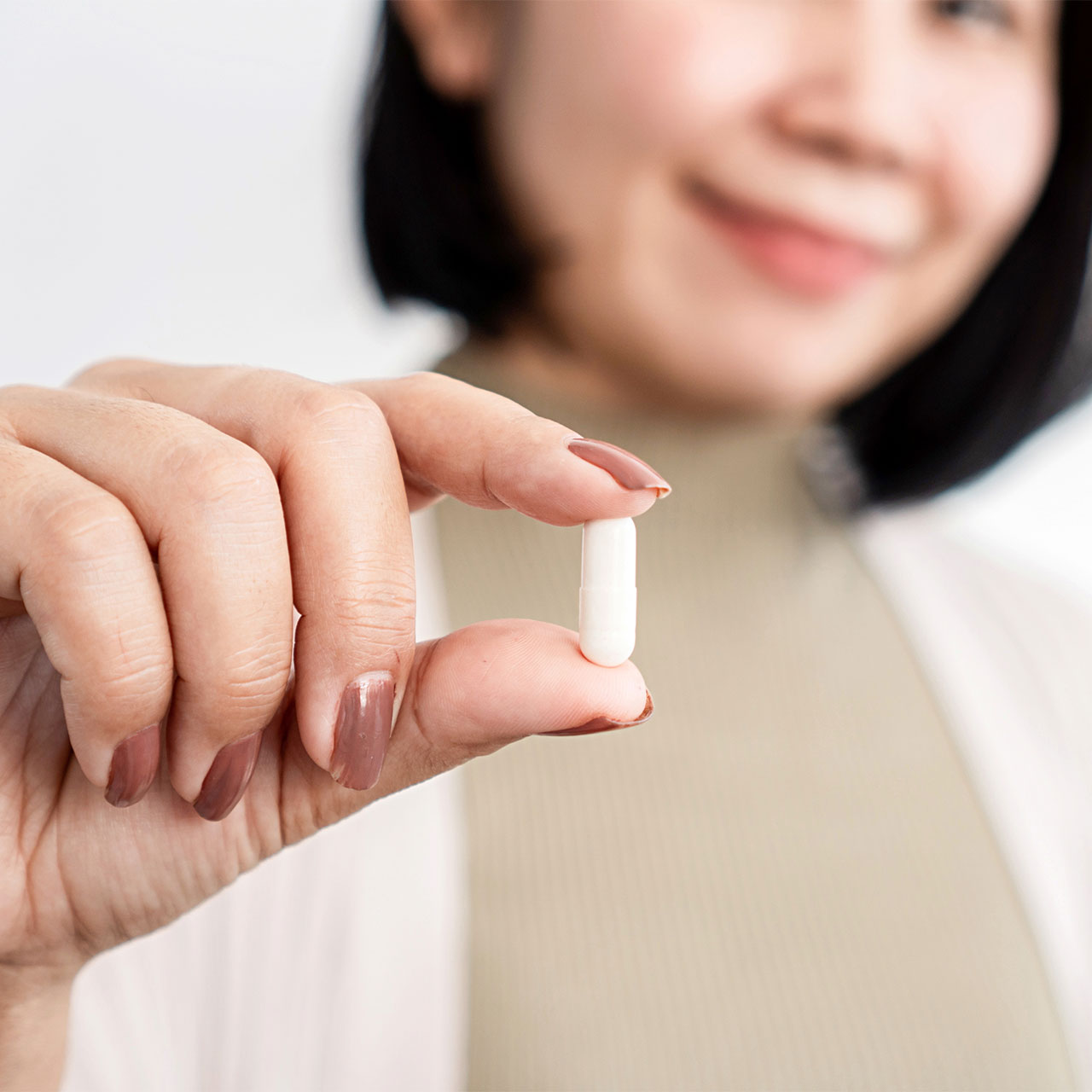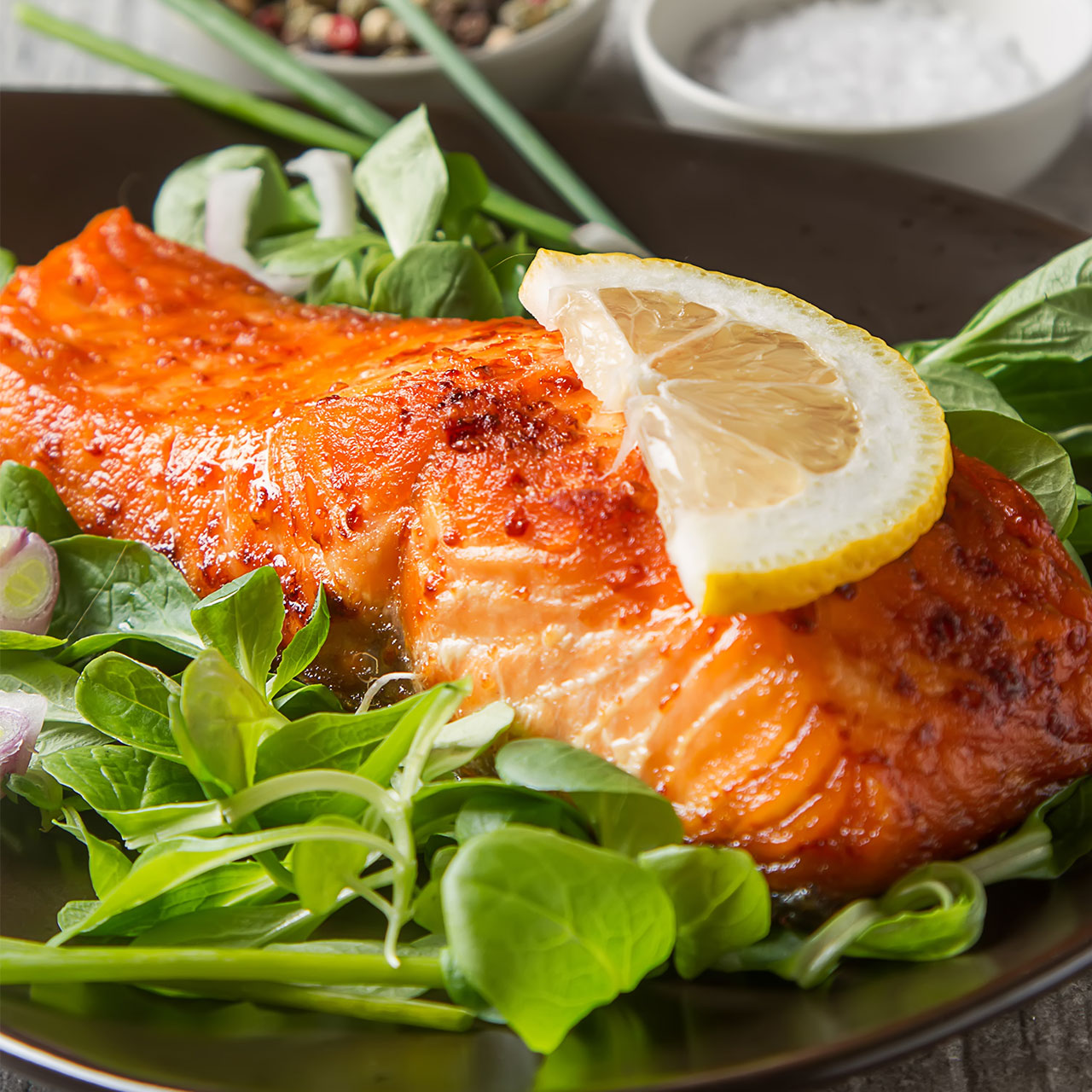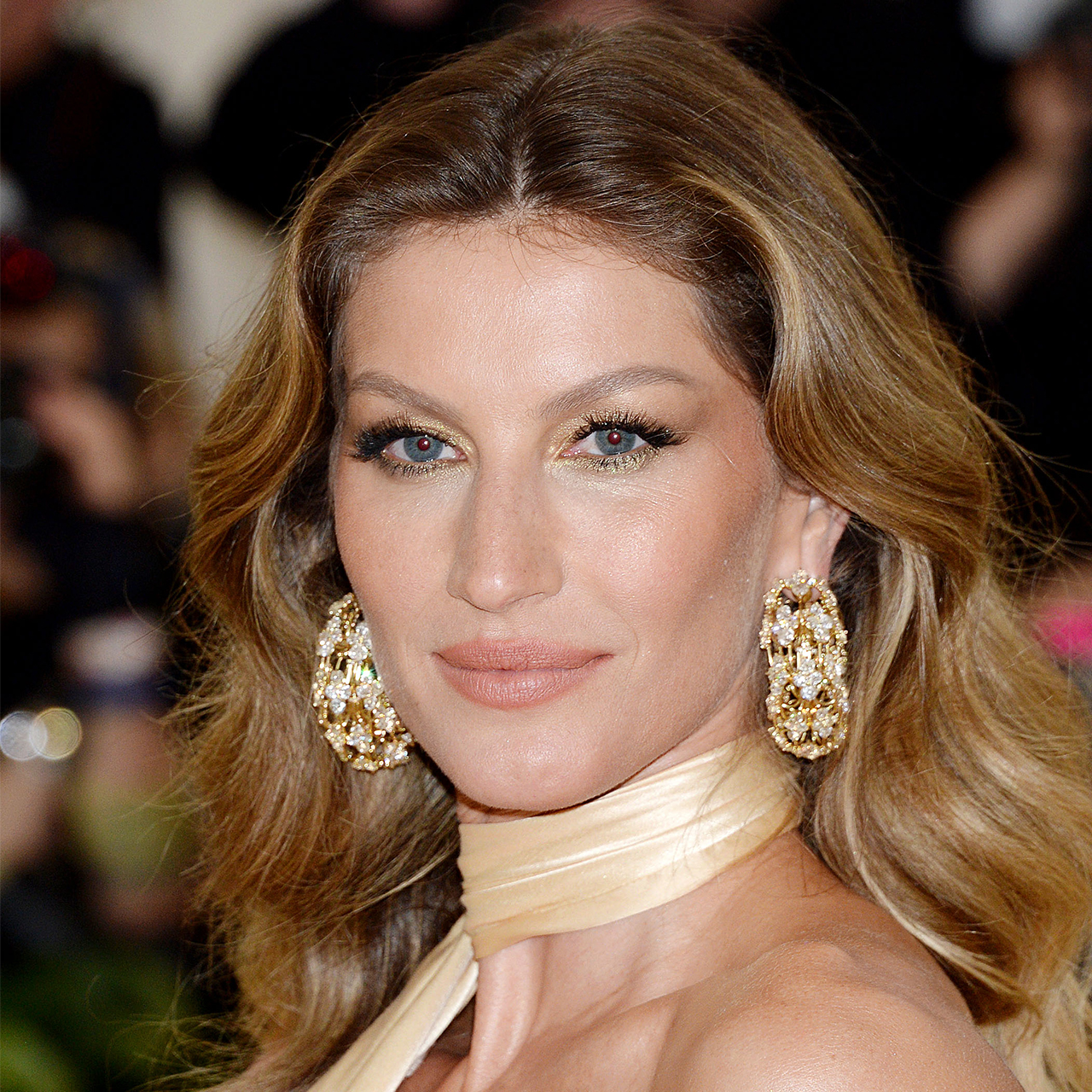There’s been a lot of buzz about hormones in the wellness world recently–and as it turns out, that’s for good reason. Hormone balancing isn’t just a passing trend. According to Melissa Groves Azzaro, RDN, LD, a.k.a. The Hormone Dietitian, your hormones play a crucial role in everything from your menstrual cycle to your appetite, metabolism, mood, sleep, and more. “We need balanced hormones to feel like our best selves, experience regular, symptom-free periods, and more,” she says.
When there is an imbalance in your hormones, a number of issues can arise. As Azzaro notes, these imbalances are most commonly associated with the menstrual cycle. “An imbalance between estrogen and progesterone, for example, could lead to irregular periods, heavy bleeding, painful cramps, PMS symptoms like bloating, sore breasts, and cravings,” she says. “Sex hormone imbalances can also lead to the development of more serious conditions like fibroids, endometriosis, ovarian cysts, adenomyosis, and estrogen-driven cancers like breast, uterine, and ovarian cancer as well as negatively impact fertility.”
While hormones can become unbalanced for a number of reasons pertaining to your diet and lifestyle, there are also several things you can do to get–and stay–balanced. Below, we’ve put together a list of 10 ways to balance your hormones naturally, from getting proper exercise to keeping your gut health in check.
10 Ways to Balance Hormones Naturally
Balancing your hormones is mostly about keeping your body as healthy as possible. Here are 10 ways you can do just that.


1. Exercise
Exercise plays a crucial role in keeping your hormones balanced, just as it does in nearly every area of your health. Naturopathic physician Dr. LuLu Shimek says in order to regulate your hormones, you should “aim for at least 30 minutes of moderate-intensity exercise most days of the week.” She tells us that brisk walking, jogging, cycling, and strength training are all great ways to go. Mastella notes that the most important thing is to listen to your body, especially at different points of your cycle: “If you're feeling PMS-y or on your period, go light and slow like yoga or a walk. If you're feelin' yourself and energized, go harder. Don't overexert yourself, don't pushiti when you don't want to, and rest when your body is telling you to rest!”

2. Get enough sleep
Don’t sleep on the importance of sleep when it comes to your hormones! Experts agree that making sure you get a full, restful night’s sleep is crucial. “When you don’t get enough sleep, your body can become stressed out, leading to an increase in cortisol levels, which can throw off other hormones as well,” David Seitz, MD warns, suggesting 7-9 hours of sleep to ensure a healthy balance. If you struggle to fall asleep at night, he recommends making relaxation a priority: “When your mind and body are relaxed, it will be easier to fall asleep and stay asleep.”

3. Maintain a healthy weight
Weight management and hormones go hand in hand. In fact, weight gain and obesity can lead to hormonal imbalances and even a lack of ovulation. For this reason, managing your weight in order to stay within a healthy range is one key to keeping your hormones regulated.

4. Reduce stress (yoga, meditation)
According to Dr. Seitz, high stress levels can lead to hormonal imbalance. “When your body is constantly under stress, it can lead to an increase in cortisol levels, which can throw off other hormones,” he says. Luckily, there are ways to keep this issue at bay. “Practice stress management techniques such as yoga, deep breathing exercises, and mindfulness meditation to help keep your hormones balanced. You can also do activities that you find calming and enjoyable, such as taking a walk in nature, listening to music, or spending time with family and friends,” he says.
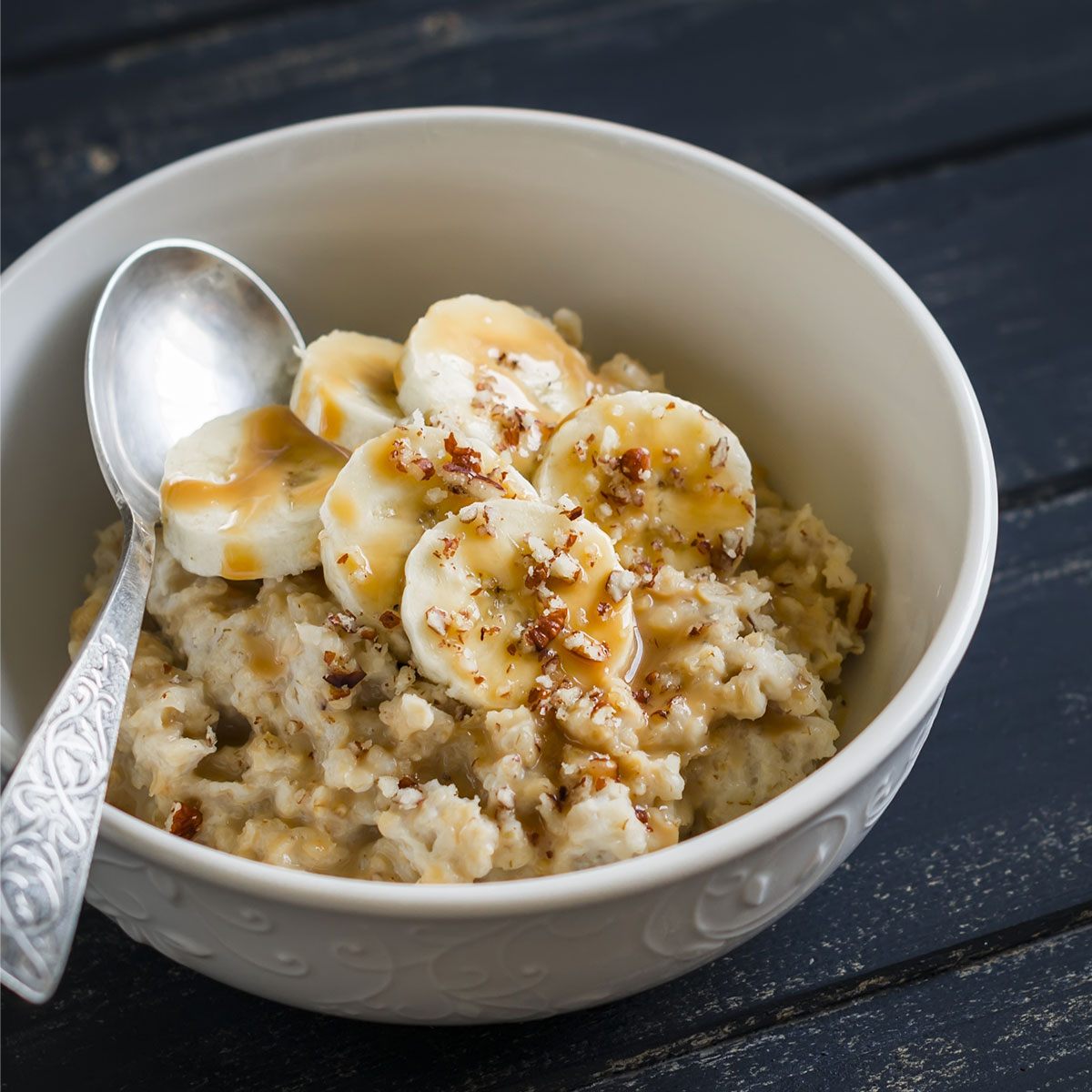
5. Eat whole grains
A healthy, balanced diet is another major key to balanced hormones. And according to Lisa Mastela, MPH, RD, whole grains should be a priority–especially oatmeal. “Eating a bowl of oatmeal every day will change. Your. Life,” she raves. Other whole grains include whole grain bread (100% whole, not multigrain), whole wheat pasta, brown rice, or quinoa.”

6. Protein
In addition to eating whole grains, protein is also an integral part of any balanced diet; if you don’t get enough of this macronutrient, your hormones will be thrown off balance. This is because protein is essential to the production of the amino acids that make your hormones. So don’t forget to incorporate lean meats like chicken or plant-based options such as tofu and tempeh into all of your meals!
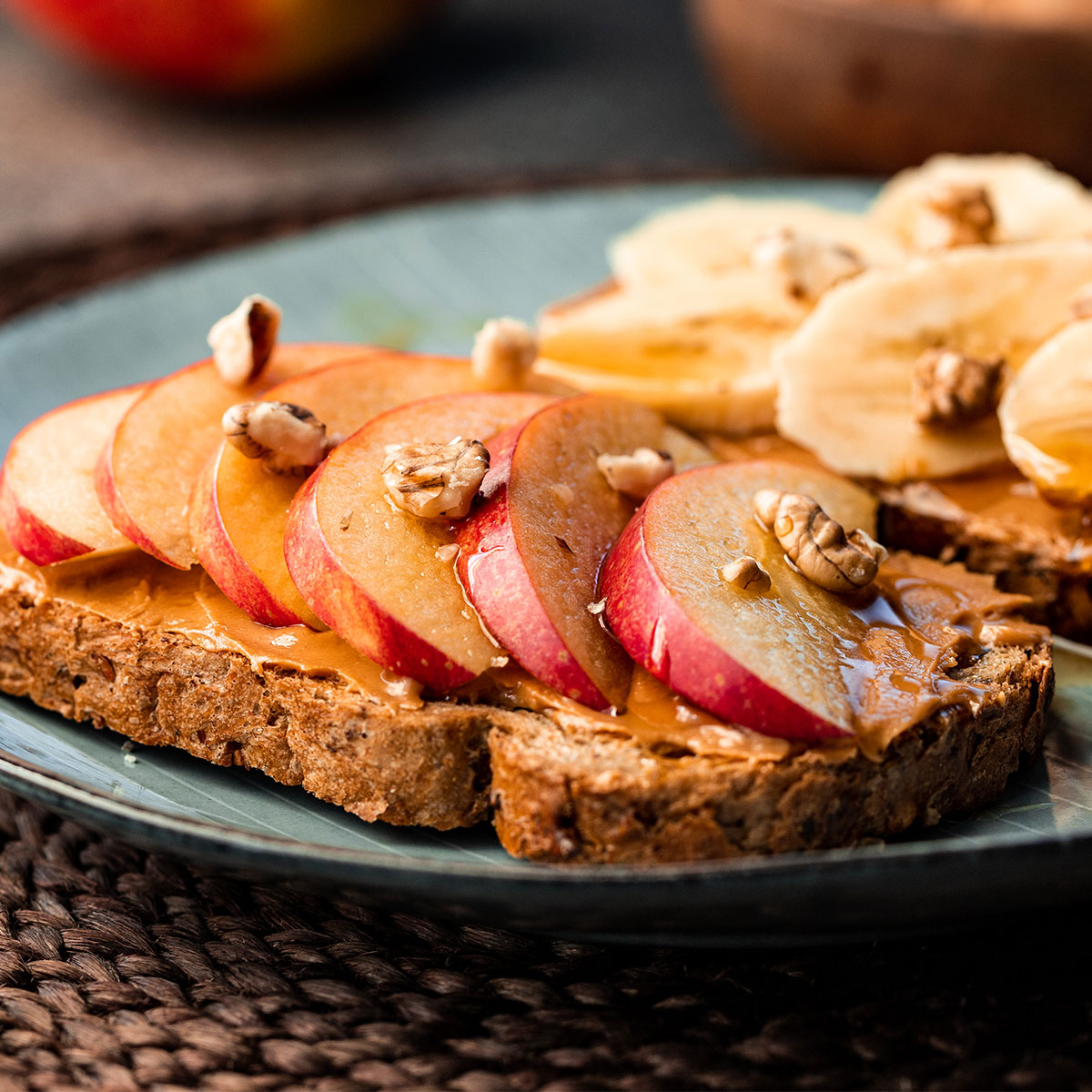
7. Eat fiber
Weight Loss Experts Tells Us How Much Fiber To Eat Every Day For The Best Results - SHEfindsFiber is also important to the regulation of certain hormones. It’s especially essential in regulating insulin. Eating fiber-rich foods is also one great way to lower estrogen levels if they’re too high, which can help reduce your risk of breast cancer. Additionally, fiber plays a central role in gut health, which can also keep hormones balanced.
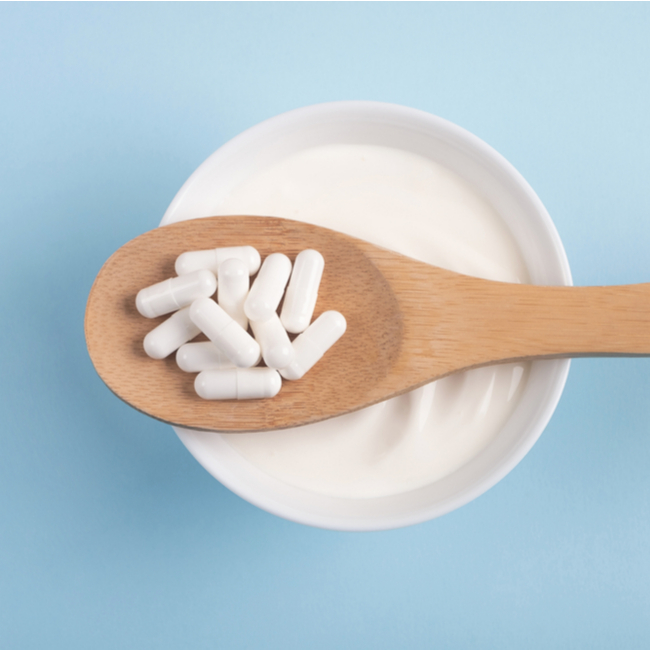
8. Gut health
Your gut health is a key component to your overall health, and as it turns out, that includes your hormone levels. In order to promote a healthier gut, Shimek suggests you “incorporate probiotic-rich foods like kefir, yogurt, and kombucha into your diet, or consider taking a probiotic supplement” and consuming plenty of fiber-rich foods and water. All of this will help keep your digestion on track and your hormones balanced.

9. Avoid Sugar and processed foods
It’s important to limit your intake of sugar for so many reasons, as an excess of the sweet stuff can lead to a range of health risks–including an imbalance in hormones. In fact, Shimek says that you should avoid all “processed foods, refined sugars, and excessive alcohol consumption,” as all of these things “can disrupt hormone balance.”
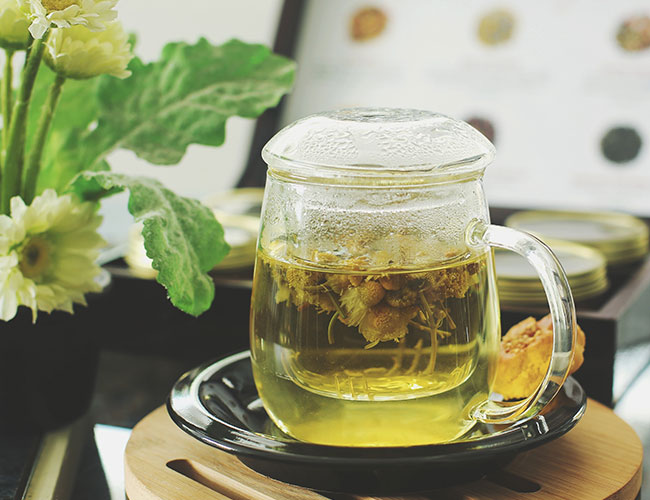
10. Drink green tea
In place of processed, sugary beverages that can take a toll on your hormone levels, green tea is one healthy swap to consider. This antioxidant-rich beverage can do wonders for your overall health, including your hormones. Not only can it help boost your metabolism and manage oxidative stress, but it may also reduce fasting insulin levels. Overall, it’s always a good thing to sip on.
The bottom line
At the end of the day, if you’re struggling with a hormonal imbalance, the best thing to do is consult a professional to come up with the best game plan. managing your hormone levels is mostly about taking care of your overall health. And ultimately, that means maintaining a balanced diet full of nourishing foods, getting ample exercise, sleeping well, and managing your stress levels. If you keep these factors in mind (and slip as many hormone-healthy ingredients into the mix as possible), you’ll already be on your way to balanced hormones.



